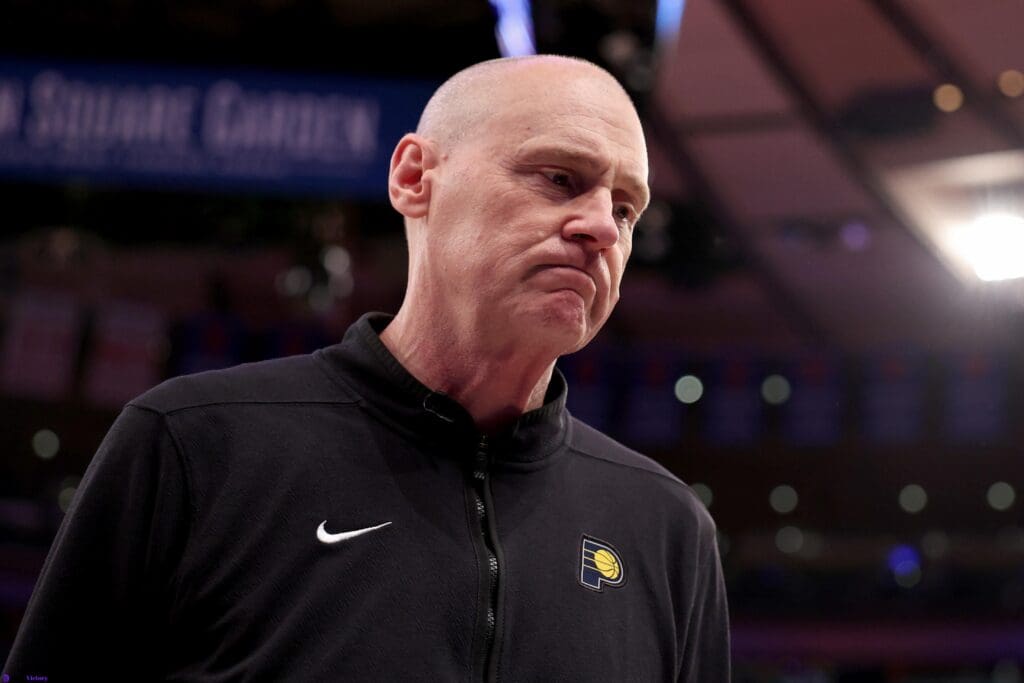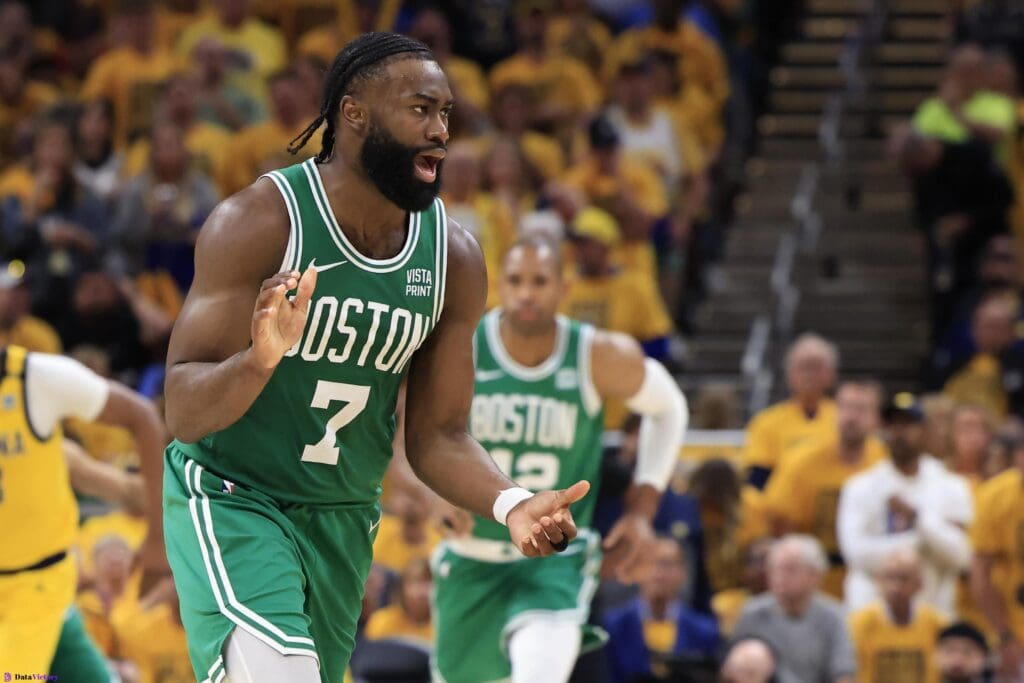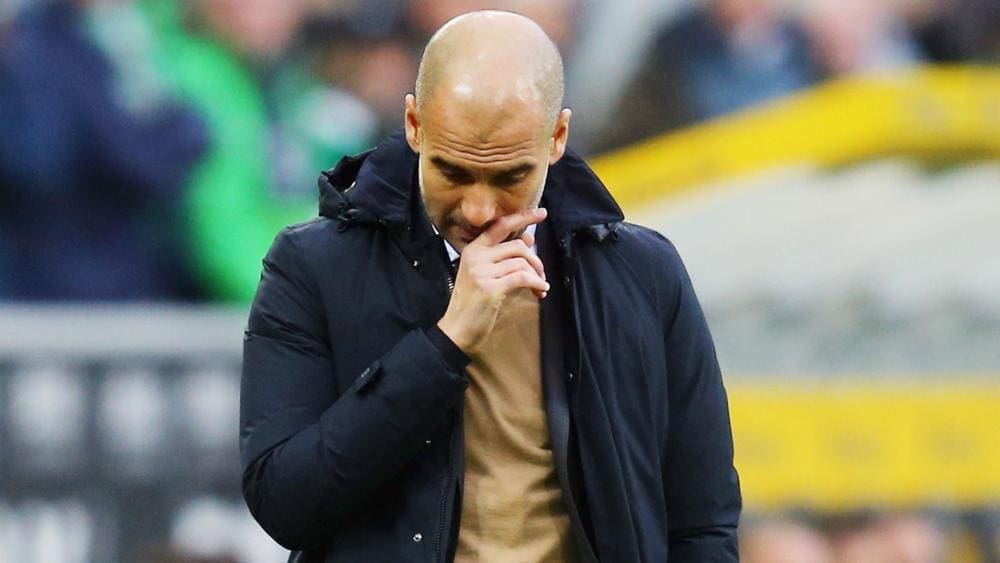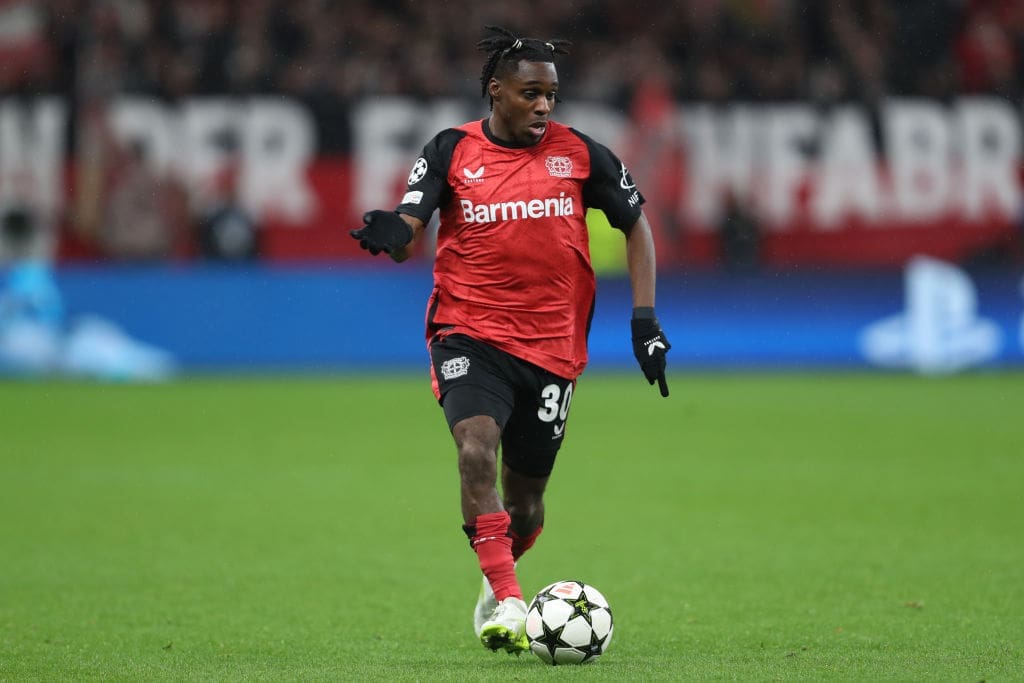Walsh won the 1986 title for inspiring Boston's following product, earning him the Sixth Man of the Year award.

INDIANAPOLIS — There he was, still towering as ever, lurking in the back of Adam Silver’s All-Star Weekend news conference. Bill Walton was in Cleveland to be honored among the NBA’s Top 75 players of all time. He wore a blazer and black undershirt and massive black shoes that looked close to the size of cinder blocks. And this being February 2022, with COVID-19 still in the backdrop of every major gathering, Walton had a large, white N-95 mask protecting his beak. When this reporter offered him a hand, Walton shook his head and extended his elbow instead.
There was a greater conversation I wanted to have with Walton, to profile his life and perspective on the many intersections of basketball and culture — for Walton specifically, basketball and counterculture. When the timing was right, Walton said, he’d give me all the time in the world. Why don’t I take down his email, Walton went on.
His eventual response was written in the short lines of a poem, something I’d learn was common for Walton’s way of exchanging messages with confidants and strangers alike:
Thanks, for your kindness, and interest,Please, I’m slammed/overwhelmed with everything,and busier than ever,I will consider this,No promises made or extended,I’ve got a lot going on,thanks, BW
The “a lot,” it turns out, was Walton’s quiet battle with cancer, as the NBA announced his passing on Monday at the age of 71. Walton was intentionally vague about his withering condition with friends as well. “He never really fully shared it,” said Jeff Twiss, the Boston Celtics’ longtime public relations chief, who developed a close connection with Walton since the 6-foot-11 center arrived in Boston for training camp in 1985, right around Labor Day.
That day, Walton stuck his giant hand before Twiss and huffed and puffed his greeting of, “Nice to meet you, I’m Bill Walton,” as if anyone in the vicinity of the Celtics wasn’t absolutely sure of who the gigantic, bearded red-head they’d dealt Cedric Maxwell to acquire was. “He just started talking for 8, 10 minutes,” Twiss told Yahoo Sports. “‘Who are you? Where are you from?’” That’s partially how Walton managed to keep a veil of privacy over his own life, by incessantly asking other people about theirs. But his curiosity, about others, about the world, about anything, according to those who truly knew him, rang as pure as the fresh air he inhaled all across Oregon hiking trails and hot springs — when he wasn’t leading Portland to the franchise’s lone championship in 1977.
“He was the greatest player on the planet at that moment,” said Pacers head coach Rick Carlisle, who later teamed with Walton during Boston’s run to the 1986 title.

When Walton joined those reigning Eastern Conference champions, fresh off a 4-2 Finals loss to the hated Lakers, Boston’s roster had heard that Walton, the hippie who’d famously protested the Vietnam War, was a vegetarian. But the first time Carlisle remembers seeing his newest teammate, Walton was palming a huge roast beef sandwich. “And he was devouring it,” Carlisle said. “That’s a vivid image. That’s a vivid image.”
Twiss, at the time, was tasked with driving Red Auerbach around town, in addition to his duties in the Celtics’ PR department. Usually as Twiss chauffeured the legendary Boston head coach, and later executive, he kept silent, speaking only when spoken to. But on one occasion, Twiss asked why he felt confident about acquiring Walton, despite foot injuries sidelining Walton for three out of four seasons between 1978-82, and Walton never eclipsing 70 games played in each of his first eight years between the Trail Blazers and Clippers. Well, Auerbach recounted walking into the hospital room shortly after Boston acquired Walton, X-rays splayed about. And, in between puffs of his latest cigar, Auerbach simply asked Walton if he wanted to play for the Celtics, his health be damned. Walton answered something along the lines of “more than anything in the world,” and Auerbach nodded. That was all the medical evaluation he needed.
Somehow, someway, Walton would appear in 80 games that season, earning Sixth Man of the Year honors for uplifting Boston’s second unit en route to that 1986 crown. “He came on board and had a bit of a miracle year,” Carlisle said.
On plane rides, Walton was always devouring books as if the pages were roast beef between bread, on subjects ranging from biographies on Winston Churchill to the wonders of wildlife. Even with the cobblestone streets throughout Boston and Cambridge, Walton would often ride a bicycle around town. It was his preferred method of transportation, even if the wheels made him a massive spectacle rolling down the road. “You’d do a double take,” Twiss said. Why drive? There was wind to whip through his long, curly hair and sites to see.
“He defiantly competed for every moment in life to be the greatest it could possibly be,” Carlisle said.
Walton’s self-proclaimed greatest accomplishment was overcoming a speech impediment at the age of 28, after he’d already reached the top of the basketball world. His stuttering and stammering was as evident as his talent on hardwood, unable to express himself in any way other than basketball and the writings he read.
It wasn’t until during his lost 1980-81 campaign with the San Diego Clippers that Walton met former Olympic track star Marty Glickman, and the retired athlete-turned-broadcaster pulled Walton behind a potted plant and changed his life, espousing some lesson that clicked Walton’s inquisitive mind into place and helped him string together endless, waxing thoughts.
“Every time Bill would call, I’d always relish a call,” Twiss said. You’d never know when the center’s name flashed across your phone how long the call would last, prone to unwind for close to an hour if he was in the spirit. “You’d love it,” Twiss said. “I was enthralled by it.” And after every conversation, at the end of every email, Walton would always cap their communication with a proud line: “1986 world champion Celtics. Go Celtics Go!”

Walton cherished his place in Boston’s lineage of victors. “From what everyone just kind of talked about and bragged about how much he loved the game, how much he loved his teammates, and how much he cared about winning,” Boston head coach Joe Mazzulla said. “I think those values are the things that we try to emulate, that we try to talk about every day.”
Members of the 1986 Celtics team still shared a group text exchange. And Walton was sidebarring Carlisle throughout the Pacers’ run to the Eastern Conference finals. He cherished the way Indiana played with pace and shared the ball. “I read ...,” Carlisle said, his voice catching. “I read some of his text messages to our players during our prep session before we went out on the court. Just so they could realize the impact they’re having on people all around basketball.”
Walton had an immense capacity to admire and appreciate, most recognized for his reputation as perhaps the Grateful Dead’s biggest superfan — by size and stamina. He played drums for the group in front of the Egyptian pyramids. He took the whole Celtics team to see them live in Worcester. He helped organize backstage passes to a show in Washington, D.C., for Carlisle’s first date with his wife, Donna.
Last spring, Yahoo Sports approached Walton, again, with the hopes we could accompany him to what was considered the band’s final tour during the summer of 2023. Again, Walton stated he was unable. But he wrote back with more stanzas, and expressed a level of gratitude he apparently offered many, appreciating others, even for his very existence.
Thank you Jake,For your kindness, interest, patience, and my life.
Copyright Notice:
Datavictory copyrights this specification. No part of this specification may be reproduced in any form or means, without the prior written consent of Datavictory.
Link:




